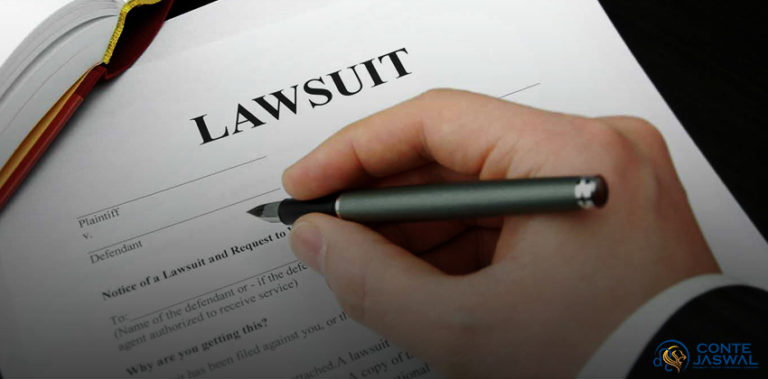How to prove whiplash in personal injury claims is a difficult matter—but you’ve come to the right place. As experienced personal injury attorneys we’ve helped out clients prove a myriad of car accident-related conditions—including whiplash in personal injury claims.
Whiplash personal injury claims are the hardest to prove as there are no available x-rays for broken bones, and symptoms generally only occur long after the accident—which means they aren’t included in the original police or emergency-response report. Having said that however—it IS provable.
How to Prove Whiplash in Personal injury Claims
The first step to proving whiplash is to have your car accident fully-documented (which will be completed by emergency responders). The second step is to document all your medical needs and appointments. In these medical appointments you’ll need to document the following:
·Any neck and/or back pain
·Incidences of stiff neck
·Any swelling in the neck and connecting regions
·Any and all soreness in the spine in and around your neck
·Headaches
·Limited mobility to your neck movement
·Numbness in the extremities
·Dizziness, tiredness, pins and needles, muscle spasms,
·Jaw pain
·Blurred vision
·Loss of concentration, difficulty sleeping, anxiety and stress
·And any other injuries noted by your physician
A combination of the above symptoms can lead to a diagnosis of a cervical spine injury—however, it absolutely has to be documented by your physician.
Medical documentation isn’t the only elements considered in a personal injury claim for whiplash. The legal system will also evaluate your case based on the following:
1. Speed and direction of your car accident
2. Whether you were wearing a safety belt, aka seat belt
3. Airbag deployment
4. Your vehicle’s headrests
5. Restraints used by emergency personnel
6. Medical conditions which may have affected your condition, especially osteoporosis and conditions related to bone or musculature impairment.
Whiplash injuries from car accidents can be difficult to prove in personal injury claims. One of the many reasons is that symptoms can take weeks to manifest—and can persist for up to a year.
To ensure that you get the cash award you need to cover your on-going medical care and other out-of-pocket expenses—contact one of the top personal injury claims lawyers here at Conte & Associates.




